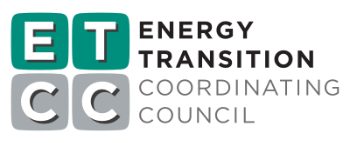Project Info
COMPLETE
Project Title
Benchtop Efficiency Measurements for Residential mesh Networking Equipment
Project Number ET23SWE0044 Organization SWE (Statewide Electric ETP) End-use Plug Loads and Appliances Sector Residential Project Year(s) 2023 - 2024Project Results
Mesh Networking Systems (MNS) are advanced residential networking solutions that utilize interconnected nodes to deliver seamless, reliable wireless coverage throughout a home. Unlike traditional single-router setups, MNS promise broader and more consistent connectivity, eliminating dead zones by using multiple access points to extend coverage. This project aimed to evaluate the overall performance, energy efficiency, cost-effectiveness, and user-friendliness of MNS. It sought to provide consumers with data-driven insights into whether MNS products offer a viable alternative to traditional solutions and to assess their performance under non-idle conditions. The team conducted a market assessment reviewing 60 MNS products from eight manufacturers. After this a subset of devices across multiple wireless protocols underwent comprehensive testing, including energy consumption measurements under different traffic conditions, as well as attenuation tests to simulate signal obstructions. Data indicates that energy consumption of an MNS increases significantly when additional nodes are energized. On average, the total system power consumption nearly tripled when the MNS configuration was expanded from one to three nodes. Additionally, active data transmission significantly impacts MNS energy use, with power consumption increasing by an average of 44.3 percent during traffic testing and 23.2 percent during attenuation testing. In some cases, overall power consumption more than doubled compared to idle conditions, depending on operating conditions and traffic throughput. When calculating the unit energy consumption (UEC) for the entire system, results showed an average energy increase of 188 percent, nearly three times higher than a single node's idle performance. Additionally, traffic conditions led to a 2.49 percent increase in UEC, and attenuation conditions resulted in an average increase of 18.25 percent.
Project Report Document
Loading PDF Preview...
